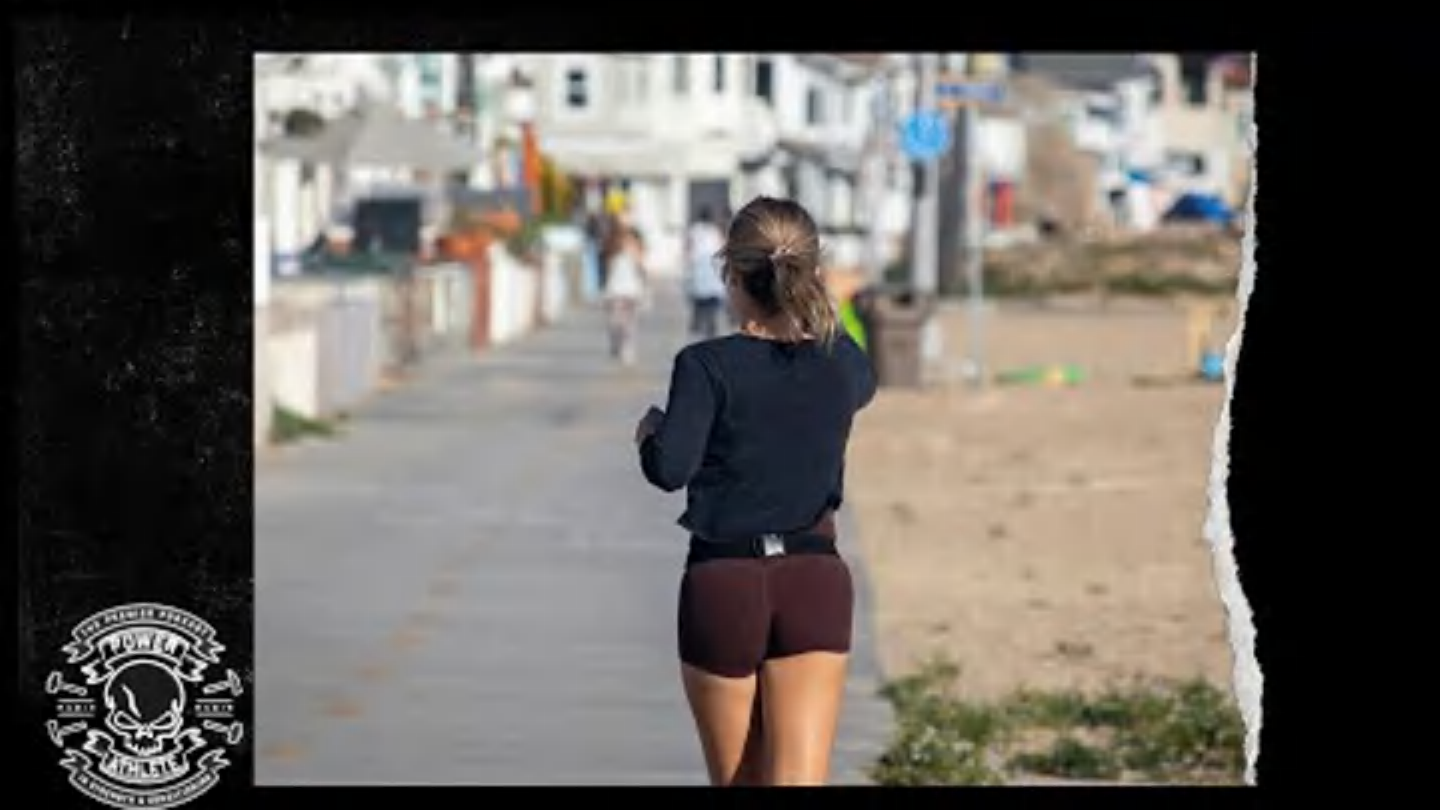World
I live in Lithuania, supposedly the world’s happiest place for Gen Z. Here’s why I’m not convinced.
This as-told-to essay is based on an in-person interview with Goda Ponomariovaitė, a 22-year-old Lithuanian student living in Vilnius.
The following has been edited for length and clarity.
My friends and I laughed at the news.
From our own experiences, there’s a big problem with mental illness, and the country doesn’t do enough about it.
If you are struggling, there are huge, huge waitlists to get psychological help.
At my university, psychologists are available, but sometimes you need to wait two or three months to get support.
What made the report even more surprising to me was that someone I knew recently took her own life because she had a mental illness.
Sadly, I think it’s common here to know someone who has died by suicide.
(According to the OECD’s most recent data, Lithuania has Europe’s highest suicide rate, with 20.3 deaths by suicide per 100,000 people.)
In my opinion, there’s still a significant stigma around mental health.
You don’t want to tell someone if you have depression, bipolar disorder, or anything else. You just keep it a secret.
I believe things aren’t great for people under 30, but our parents had it even worse.
Older people often say, “You never lived in the Soviet Union. You don’t know what it was like, yet you are so depressed all the time.”
I’ve heard stories from my mother and grandmother about how life was back then — when bananas were something you only tasted once a year, and getting proper meat was a luxury.
It was rough in Soviet times.
Ultimately, I am grateful that I wasn’t born in the Soviet Union. I was born in 2002, 11 years after we had gained independence.
And although Lithuania isn’t Denmark, where I briefly lived and thought it was such a clean and perfect country, I’m still happy to live here.
It’s not hard to find a job, wages are improving, and it feels safe.
Putting mental health issues aside, I would say it’s quite a good place to live.
But still, Lithuania being the happiest place in the world for Gen Z? That really surprises me.
If you or someone you know is experiencing depression or has had thoughts of harming themself or taking their own life, get help. In the US, call or text 988 to reach the Suicide & Crisis Lifeline, which provides 24/7, free, confidential support for people in distress, as well as best practices for professionals and resources to aid in prevention and crisis situations.
Help is also available through the Crisis Text Line — just text “HOME” to 741741.
The International Association for Suicide Prevention offers resources for those outside the US.






)



